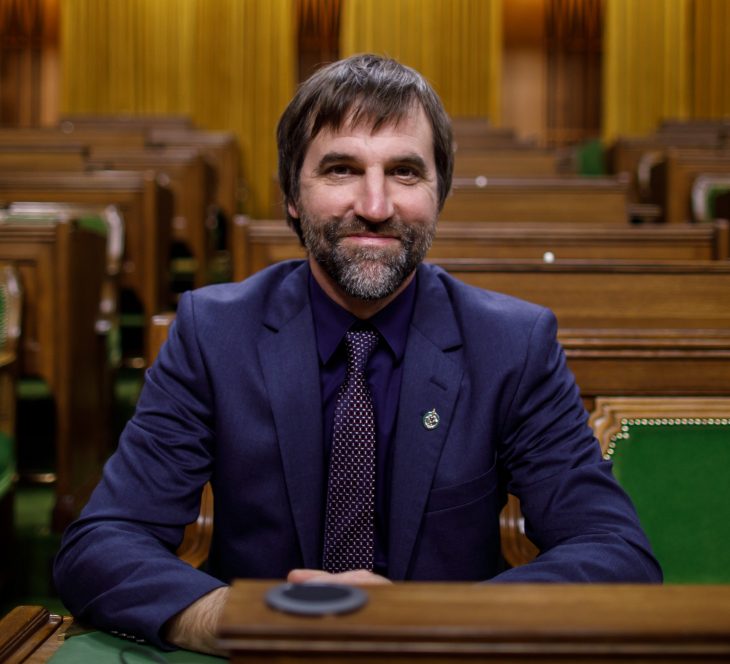
GATINEAU — Minister of Canadian Heritage Steven Guilbeault hosted a videoconference on Tuesday with his foreign counterparts from Australia, Finland, France and Germany to discuss their shared priorities concerning the diversity of content available online and its importance in ensuring strong democratic societies.
Taking part on the video call were Paul Fletcher, Australian minister of communications, urban infrastructure, cities and the arts, Annika Saarikko, Finnish minister of science and culture, Roselyne Bachelot-Narquin, French minister of culture, and Dr. Günter Winands, German deputy minister of state for culture and the media.
“The ministers discussed the importance of promoting a healthy online information ecosystem that supports citizens’ ability to discover and access diverse online content, bolsters resilience against disinformation and encourages social cohesion. They also spoke about shared priorities, like ensuring that news organizations are fairly remunerated when their content is shared online,” reads the department of Canadian Heritage’s press release.
(On Monday, during Guilbeault’s participation in a question-and-answer session at the virtual Prime Time conference, he said online harm would be discussed during his Tuesday meeting with his foreign counterparts, but the press release makes no mention of that as being a specific topic addressed during the video call.)
While on the call, Guilbeault and the other ministers reiterated their support for “a Canadian-led, multi-stakeholder working group to develop international guiding principles on the diversity of online content,” says the release.
The working group’s mandate is to develop guiding principles which would offer a framework for cooperation among governments, civil society and private sector organizations and will be used as a basis to build global consensus on diversity of online content.
According to the department’s most recent update about the working group, monthly meetings took place virtually in 2020 and will continue in 2021, to develop the guiding principles. Upon their completion, potential signatories would be invited to sign the declaration and adhere to it by 2023, says the working group update on the department’s website.
For more about the video conference held yesterday, please click here.


